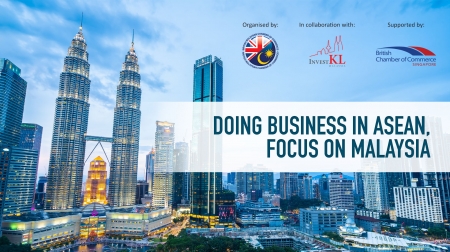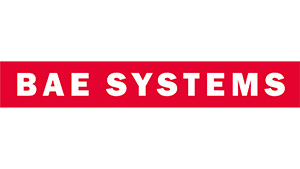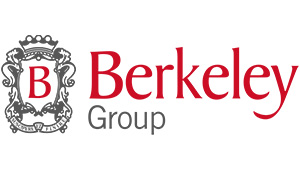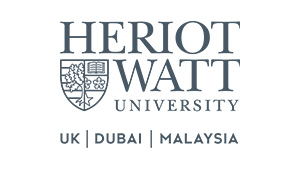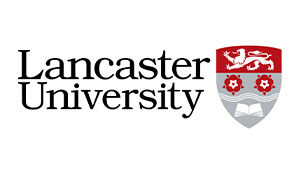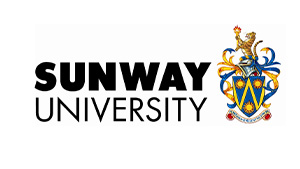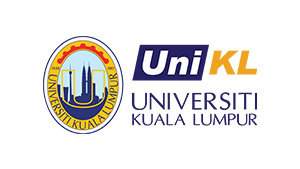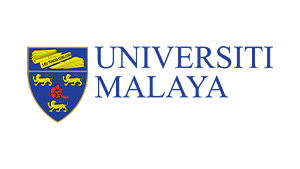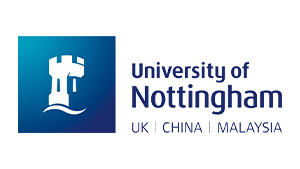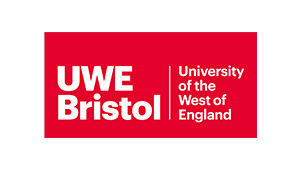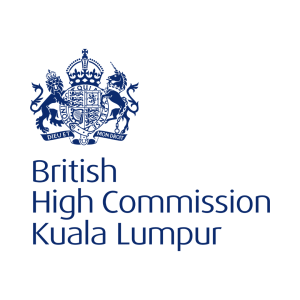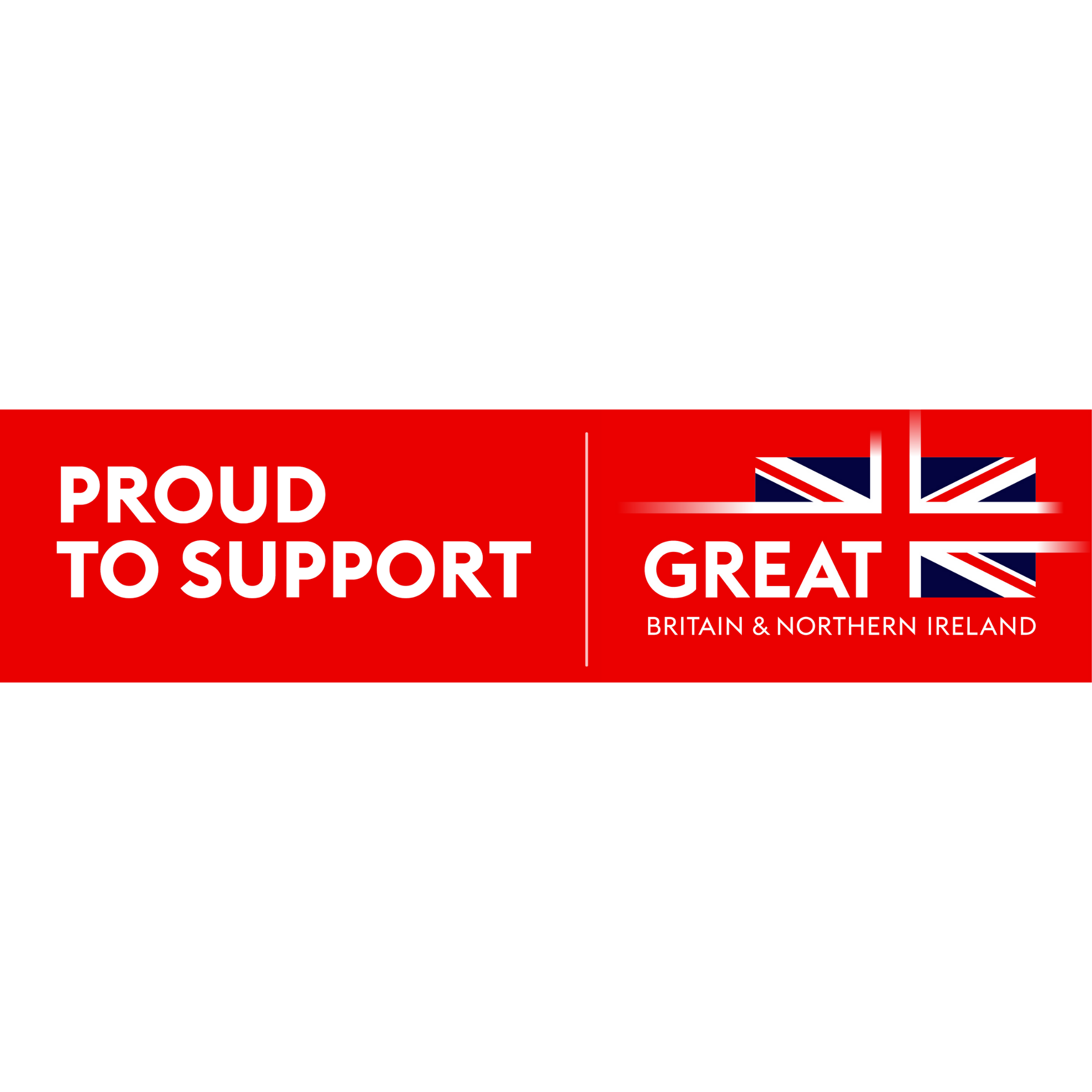Doing Business in ASEAN, Focus on Malaysia
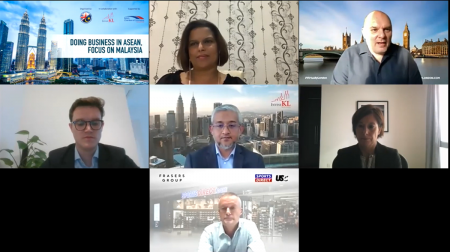
On 25 February 2021, the BMCC hosted the “Doing Business in ASEAN, Focus on Malaysia” webinar in collaboration with InvestKL, an investment promotion agency under the Ministry of International Trade and Industry (MITI) focused on attracting multinationals, unicorns and fast-growing companies to establish their regional hubs in Greater Kuala Lumpur. The British Chamber of Commerce Singapore was the supporting organisation for the webinar.
Jennifer Lopez, BMCC Chief Executive Officer, emphasised Malaysia’s position as a preferred investment destination for British exporters and investors in her introductory remarks, where the robust bilateral relations between the two countries continue to create opportunities in areas such as digital transformation and e-commerce, education, green technology and healthcare. She said the Chamber is committed to continuing to promote Malaysia and ASEAN as the preferred destination for trade and investment, especially for UK businesses, and to support them in their business expansion in the region.
David Kelly, the Executive Director of the British Chamber of Commerce Singapore and Co-Chair of the Britain in South East Asia (BiSEA) network said this webinar was the perfect example of a collaboration between the two chambers in the BiSEA network to support key themes such as trade for the benefit of their members who share similar sector interests. The BiSEA network also reflects the support of the broader ecosystems for businesses and growth across ASEAN.
Muhammad Azmi Zulkifli, Chief Executive Officer of InvestKL, who has successfully led teams to bring in 103 MNCs to set up regional hubs, said the main activities that landed in Greater Kuala Lumpur from a regional perspective are in the high-value, high-tech and high-impact services sector. Of the 103 MNCs, 45 percent are from Europe and 10 companies are from the UK, representing diverse industries such as oil and gas, financial sector, pharmaceutical sector, education and more. Focusing on the ease of doing business, InvestKL facilitates companies with the right processes and guidance both during the pre-and post-investment stages.
George Thomson, Deputy Trade Commissioner for South East Asia, Department of International Trade (DIT) said the UK is making a decisive tilt towards Asia-Pacific, and at the heart of this tilt is the promotion of free trade and partnership on global issues such as climate change. The UK has concluded 63 trade agreements since leaving the EU, covering nearly GBP1 trillion via bilateral trade, including deals with Singapore and Vietnam, a historical new free trade agreement with Japan and ongoing negotiations with Australia and New Zealand for new free trade agreements.
At the ASEAN level, in 2021 the UK is trying to secure partner status with the bloc. UK-ASEAN trade is approximately GBP40 billion per year and has been resilient during the pandemic, a testament to its strong relations with the region. With regard to the Asia-Pacific, the UK is seeking to accede to the Comprehensive and Progressive Agreement for Trans-Pacific Partnership (CPTPP), which will cover nearly 20 per cent of the global GDP if the UK is included. The CPTPP is seen as a high-standard and highly beneficial deal for countries where the UK has no existing trade agreement with, such as Malaysia. He notes, however, that Malaysia, is yet to be a ratified member of the deal. For now, the DIT has established a joint committee with MITI which provides a framework for the Malaysian and UK government to work together at the government level and to create the right conditions for market access with each other. In 2021, working groups are expected to be created in focus areas for trade growth such as education, legal services and the food and drinks sector, as well as for greater cooperation and conformity at the SME level.
As in the region, UK-Malaysia trade is holding up quite well, with GBP4.7 billion of trade in goods and services in 2020. George also talked about the extensive UK investment footprint in Malaysia in financial services, big pharma and big energy companies which are particularly focused on energy transition and low carbon; there is also an emerging trend of smaller UK tech companies moving to Malaysia. Significant investments include Smith+Nephew’s medical device manufacturing plant in Penang, five UK university campuses and countless other partnerships in secondary and tertiary education. He also mentioned that according to MDEC, the UK now has close to 100 companies in the Multimedia Super Corridor.
A stable political and regulatory environment is required attract and maintain the high-tech, high skills, high value-added investments that Malaysia is targeting, and George hopes the 12th Malaysia Plan will provide the signals about the medium- and long-term investment environment in Malaysia. Reflecting that the education sector was not seen as an essential sector during the MCO restrictions, George also stressed that any de-prioritisation of the sector would be worrying to the UK government as they would like to see UK children back in school as a matter of priority. With the vaccination programme kicking in and the Malaysian economy forecast to grow at 5 per cent this year, Malaysia’s long-term economic growth path is seen to be highly positive, and DIT and the Chambers network will continue to provide support to UK companies intending to invest in Malaysia and ASEAN.
Andrew Diamond, founder of AssetData.io and Deputy Chairman of the BMCC moderated the panel session, where he led panellists Natasha Pheiffer, Managing Director Asia, BAE Systems and Paul Gibbons, Managing Director, Sports Direct Malaysia, to share their experience of investing and operating in Malaysia and offer advice to potential investors.
The BMCC thanks InvestKL and BritCham Singapore for this collaboration.
Watch the webinar replay here:

